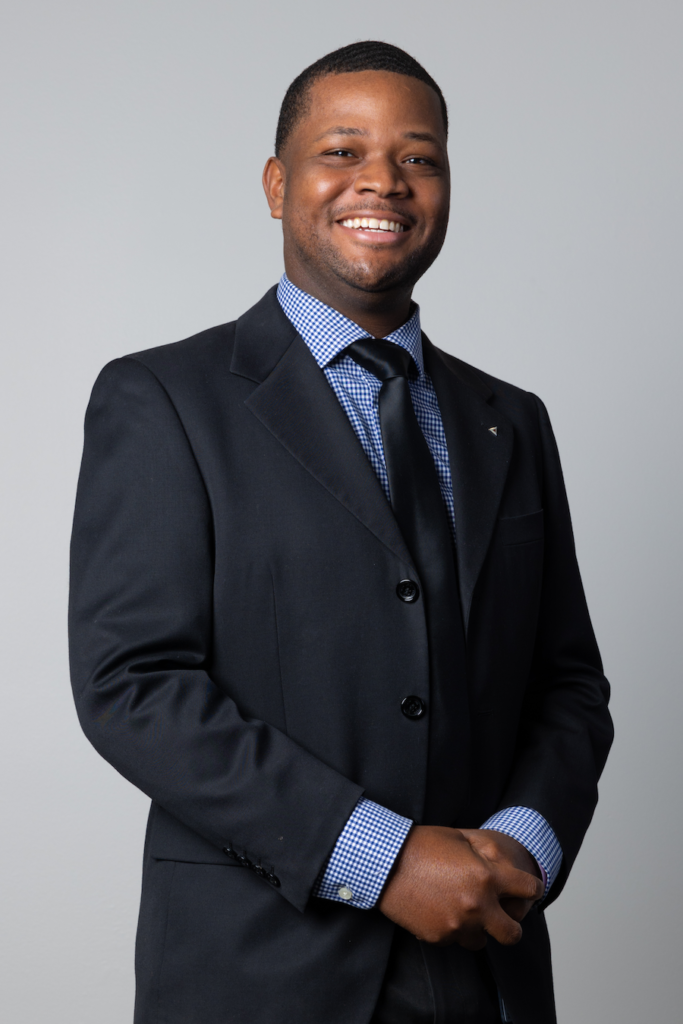Pop quiz: Does it matter what we eat for mental health? The answer is yes—and it may matter more than you think. While it is widely known that nutrition plays a key part in our physical health, it directly affects our emotional wellbeing too. The relationship between our diet and mental health is complex, but simply said, the brain and “gut” (also called the second brain) are intimately connected.
Many people turn to food to cope with emotions. Allowing yourself an occasional extra dessert is understandable during stressful times and may even provide a quick “feel good” rush. But it won’t last, and a steady diet high in sugar and processed foods can lead to inflammation which may contribute to mood disorders, including anxiety and depression.
The good news is that eating for our mental wellbeing doesn’t have to be hard. Many of the nutritional tips for physical wellbeing will also help you manage your mental health.
Eat regularly. If your blood sugar drops you might feel tired, irritable, and depressed. Eating smaller portions spaced out regularly throughout the day and choosing foods that release energy slowly will help to keep your sugar levels steady.
Stay hydrated. Your brain is made up of over 70% water. Being dehydrated can negatively affect your focus, clarity, and mood. It is also linked to anxiety and depression. Drink plenty of fluids, especially water. Try to avoid beverages high in sugar and caffeine.
Eat “well”. Consume foods rich in omega-3 fatty acids, vitamin D and B vitamins, amino acids, minerals (magnesium and zinc), plant-based antioxidants, and micro biotics. These can be found in whole foods such as fruits and vegetables, whole grains, fish, eggs, legumes, nuts, and seeds, as well as fermented foods like yogurt. Avoid diets that are high in saturated fats and refined sugars. Yes, this includes favorites such as doughnuts, processed deli meat, chips, and sugary drinks.
If you find it difficult to avoid foods high in sugar and fat, keep temptations out of the house. Make the healthy choice the easy choice by surrounding yourself with nutritious options and limiting the junk food. Another tip – get regular exercise and sleep. The better you feel, the less likely you are to make poor eating choices.
Finally, get support when needed. Sometimes you can’t do it alone. Friends and family members can be great support. For additional assistance, set up an appointment with Samantha Matt, Drake Dining Register Dietitian at samantha.matt@drake.edu.
With a little thought and planning, you can make good food choices and boost your mental wellbeing!
— Linda Feiden, Human Resources


